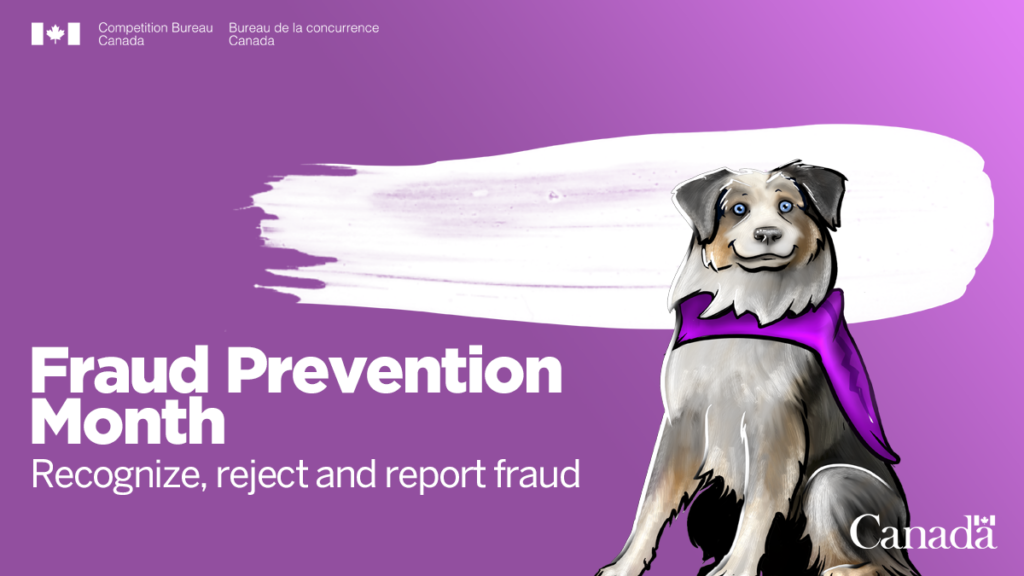Detailed obituaries may lead to identity fraud- Edmonton Police
As part of Fraud Prevention Month, the Edmonton Police Service is warning families to be cautious about how much information they include in obituaries.

In one recent example, city police are investigating identity fraud involving one suspect who has allegedly used obituary information to commit more than 110 instances of fraud since July 2018.
“It’s an awful thing to have to think about when your loved one has just passed away,” says Det. Liam Watson with Northeast Division’s Criminal Investigation Section. “But unfortunately, information like a birth date or details about an employer may be all a criminal needs to steal your family member’s identity.”
Suspects in these types of frauds use information provided in public obituaries to contact former employers, utility providers and other sources. Through social engineering (such as deception and manipulation techniques), they are able to gain further personal details about the deceased and use this information to commit identity fraud.
Police are encouraging families to take the following proactive steps when a loved one passes away:
- When posting an obituary, do not use the day and month of birth of the deceased. Try not to include information on employment history or home address.
- If acting as an executor for an estate:
- Alert credit bureaus at the earliest opportunity, so a flag can be placed on the deceased’s profile.
- Alert Canada Revenue Agency (CRA) and Service Canada, so a flag can be placed on the deceased’s social insurance number and CRA account.
- Inform the financial institutions used by the deceased, as well as utility providers, including cell phone provider.
- Monitor bank and utility account activity until they are closed.
You may be asked to provide a copy of the certificate of death and a copy of the will identifying the executor to complete the above steps.
In 2018, there were three additional investigations related to information being taken from obituaries. The deceased’s identities were fraudulently used in the following ways:
- A condo was fraudulently rented using the deceased’s name. The suite was then abandoned, and the rent left unpaid.
- The deceased’s identity was used to sell a vehicle, open a telephone account and obtain a rental vehicle.
- The deceased’s vehicle, containing a wallet with a driver’s license, Alberta health card, SIN card, debit card, and two cell phones, was stolen.
Obituary information is also used to commit other scams/frauds:
- Grandparent scam – the fraudster contacts the surviving spouse and uses the name of one of the grandchildren listed in the obituary, as well as personal information they find on the grandchild’s social media sites or through internet searches.
- Employment scam – through social engineering, the fraudster obtains the deceased’s personal information and uses it to acquire employment under the deceased’s name, thereby directing the income tax owed to the identity of the deceased.
- Income/benefits fraud – the deceased’s identity is used to apply for senior’s benefits and pensions through the federal government or to redirect pensions or benefits the deceased was receiving to someone else.
- Bank fraud – bank accounts, lines of credit and credit cards are opened in the deceased’s name.
